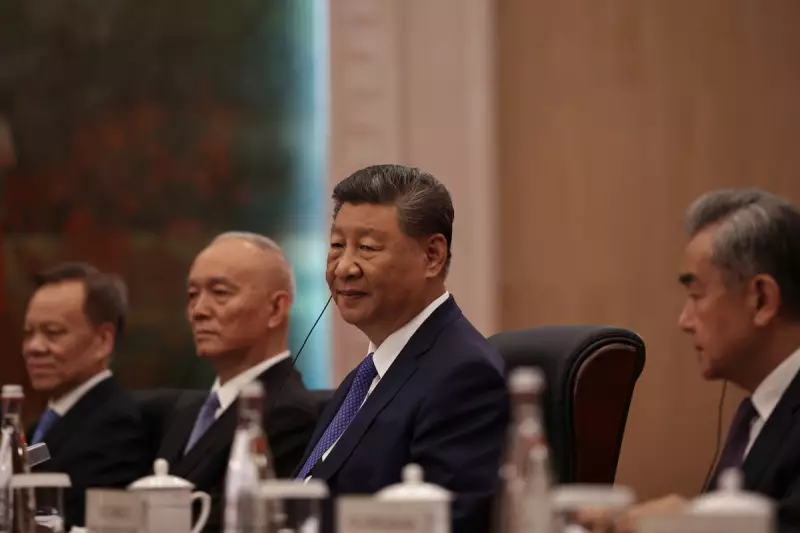
In a powerful display of Eurasian diplomacy, Chinese leader Xi Jinping is set to host Russian President Vladimir Putin and Indian Prime Minister Narendra Modi at a crucial summit in Astana this week. The meeting of the Shanghai Cooperation Organisation (SCO) presents a formidable counterweight to the concurrent NATO gathering in Washington, highlighting a deepening geopolitical divide.
The timing of this trilateral meeting is profoundly symbolic, deliberately scheduled to coincide with the NATO summit where Western leaders will discuss support for Ukraine. This parallel assembly underscores the emergence of a distinct, non-Western political bloc intent on challenging US-led hegemony.
A Gathering of Strategic Partners
President Putin's arrival in Kazakhstan marks his first international multilateral meeting since initiating the conflict in Ukraine, signalling Moscow's determination to maintain global relevance despite Western isolation efforts. He will meet individually with Xi Jinping, reinforcing what both nations describe as a "no-limits" partnership that has weathered extensive international sanctions.
Prime Minister Modi's participation, fresh from his recent swearing-in ceremony, demonstrates India's delicate balancing act between maintaining relations with Western powers while engaging with traditional partners in the SCO framework.
The SCO's Expanding Influence
The Shanghai Cooperation Organisation, once a relatively obscure regional security body, has evolved into a significant platform challenging Western diplomatic dominance. With members including China, Russia, India, Pakistan, Iran and several Central Asian nations, the SCO represents nearly half the world's population and a substantial portion of global economic output.
This year's summit is expected to focus on:
- Enhanced security cooperation among member states
- Economic initiatives that bypass Western financial systems
- Coordinated positions on regional conflicts including Ukraine
- The potential inclusion of Belarus as a new member state
Western Concerns and Responses
Washington and European capitals are monitoring the Astana summit closely, recognising the SCO's growing influence as both an economic and strategic competitor to NATO. The simultaneous gatherings represent what analysts describe as an increasingly bipolar world order, with powers aligning either with Western institutions or alternative frameworks championed by China and Russia.
The United States has repeatedly expressed concerns about the SCO's expansion, particularly regarding Iran's membership and the potential for increased military cooperation among member states. However, officials maintain that Western alliances remain stronger and more cohesive than the sometimes contradictory interests within the SCO.
As world leaders convene on both sides of this geopolitical divide, the outcomes of these parallel summits will likely shape international relations for years to come, determining whether multipolarity becomes the defining feature of 21st-century global politics.





